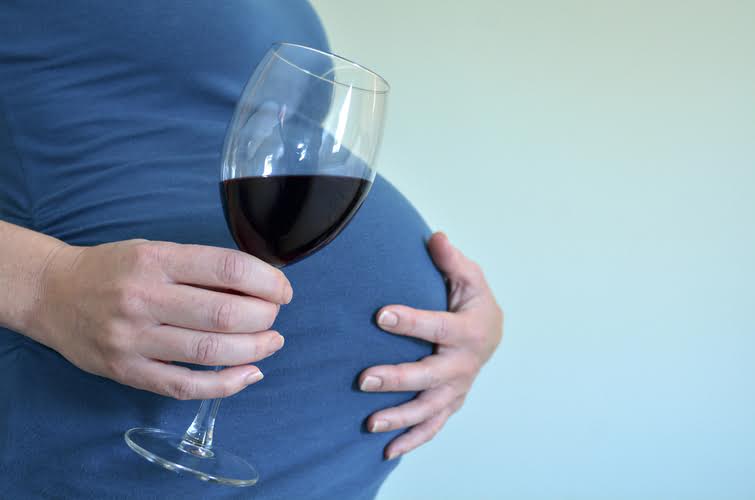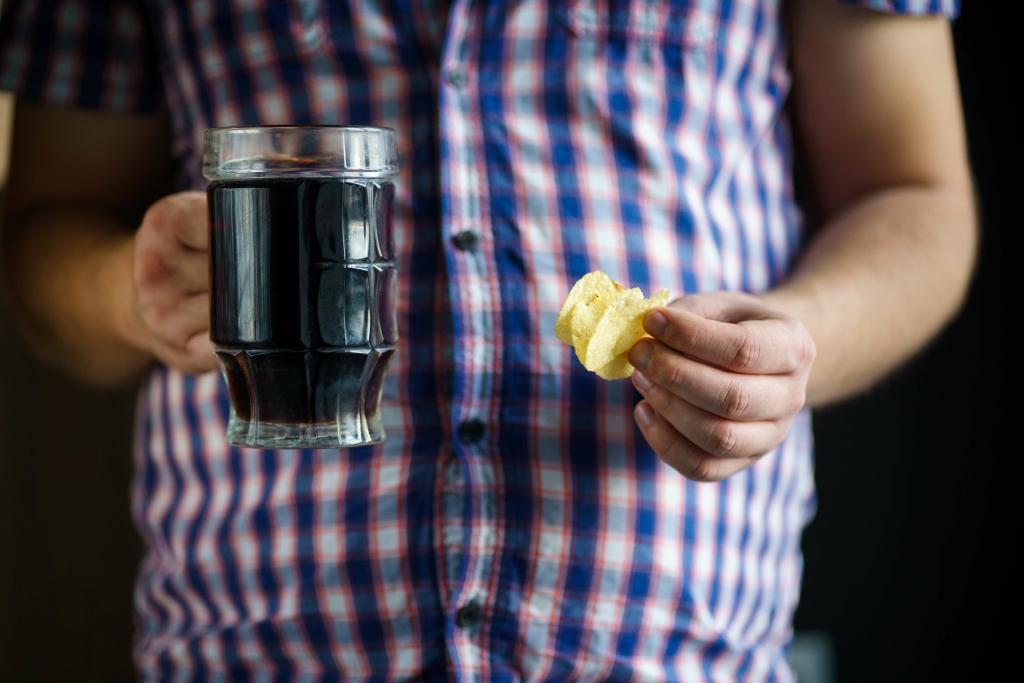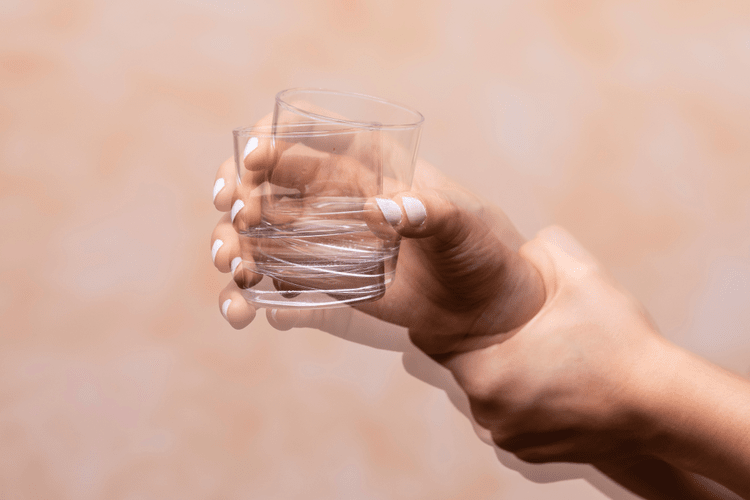Diabetes Strong is committed to delivering content that is patient-focused and adheres to the highest standards for accuracy, objectivity, and trustworthiness. If your drink of preference leans towards fruity or highly sweetened cocktails, on the other hand, even a couple of these drinks enjoyed regularly can contribute to weight gain. For https://celebrationvet.com/blog/page/4/ reference, a margarita can weigh in at upwards of 300 calories and a White Russian may contain approximately 400 calories. Some health experts and health organizations (including the World Health Organization) state that no amount of alcohol is safe for health. In this article, we will discuss what causes blackouts and when to see a doctor.
Effects of Alcohol on Memory
- However, substantial information on the association of alcohol and cardiovascular disease exists from population studies that included an unknown percentage of diabetics.
- The pancreas is the site of insulin production in the body, and the liver is the primary organ responsible for processing substances like drugs and alcohol.
- People who are experiencing being blackout drunk often feel similar symptoms to being drunk.
- According to one 2015 study, vasodilatory medications and diuretics could result in syncope blackouts.
If a person is experiencing syncope blackouts, a doctor may request an electrocardiogram (EKG) to see whether there are any underlying problems with the heart. A doctor may prescribe fludrocortisone to reduce blackouts in people who experience neurally mediated syncope. A cardiac http://malchish.org/index.php?option=com_content&task=view&id=16&Itemid=35 syncope is more serious as it could signal an underlying problem with the heart. Tachycardia, bradycardia, or other types of hypotension could cause a cardiac syncope. If a person does not get treatment, they are at risk of complications or even sudden cardiac death.
Health Categories to Explore

For people living with diabetes, simple dietary and lifestyle choices can have a large impact. Understanding how alcohol use affects diabetes can help you decide how it fits into your life. Depending on the severity of someone’s alcohol use disorder, they may choose to seek inpatient or an outpatient treatment. Withdrawal symptoms from alcohol can be extremely painful and sometimes life-threatening, so if detox is needed, it is recommended to undergo treatment in a facility providing around-the-clock medical supervision. Excessive alcohol, however, or chronic alcohol use can have several dangerous effects in the body of diabetics and nondiabetics alike.
Liver disease
This helps explain why being female appears to be a risk factor for having blackouts. Another complicating factor for research on blackouts is the potentialuse of other drugs (illicit or prescription) that might also contribute tomemory loss. Although several research studies statistically control for orexclude individuals who report co-occurring illicit drug use, research clearlyindicates that some individuals who report blackouts also report other drug use(Baldwin et al., 2011; Haas et al., 2015). Thus, researchers must becautious and account for factors other than alcohol that might contribute toblackouts. Other studies have found using benzodiazepines such as Valium and Rohypnol alongside alcohol greatly increase the chances of a blackout. Abusing these drugs without alcohol can cause memory loss, but alcohol enhances the effects of the drugs.

Two additional medications—metformin and troglitazone—are now being used to treat people with type 2 diabetes. These agents act to lower the patient’s blood sugar levels by decreasing insulin resistance rather than by increasing insulin secretion. Accordingly, these medications help control blood sugar levels without causing hypoglycemia. Alcohol-related blackouts are gaps in a person’s memory for events that occurred while they were intoxicated.
- Furthermore, alcoholic drinks contain calories, and therefore can lead to weight gain.
- Despite the fact we could not measure source recollection, it is conceivable that recall performance for deeply encoded items would drop to a similar level seen for shallow encoding, after ingesting alcohol.
- Studiesexamining potential genetic and environmental influences, as well as theirinteractions, are clearly warranted given recent research findings of Marino and Fromme (2015).
Cardiovascular disease continues to be one of the leading causes of death among all Americans and is the leading cause of death in people with type 2 diabetes (Bierman 1992). The relationship of alcohol consumption to cardiovascular disease in diabetic people has not been well evaluated. However, substantial information on the association of alcohol and cardiovascular https://skillpoint.info/innovative-wooden-puzzle-designs-for-brain-teasing-fun/ disease exists from population studies that included an unknown percentage of diabetics. Both complete abstainers and people drinking more than 34 grams of alcohol per day had higher death rates, with abstainers exhibiting the highest death rates from cardiovascular disease and heavy drinkers exhibiting the highest death rates from noncardiovascular disease.
- Blackouts become more likely as your blood alcohol concentration reaches a high level quickly, as occurs with binge drinking.
- If your diabetes is already well under control, a moderate amount of alcohol may be fine either before, during or soon after a meal.
- The average peak BAC in this group, which was roughly 0.28 percent, occurred approximately 2.5 hours after the onset of drinking.
- As always, you should consult with your doctor to determine whether moderate alcohol consumption is right for you.
- (E) scatterplot displays the difference between the mean accuracy (%) for immediately recalled words in the depth of encoding task, before-alcohol minus after-MBO, correlated with reported minutes slept, within the MBO group.

Despite advice from experts and beer commercials, most people do not drink responsibly. More than 50 percent of adults have blacked out at least once in their lives. The number isn’t surprising considering almost 25 percent of adults binge-drink every month, according to stats from the National Institute on Alcohol Abuse and Alcoholism. A blackout is a loss of the ability to make memories, but people are still conscious when they’re blackout drunk. If you start the night by taking shots, chugging beer or playing drinking games, the odds of remembering everything the next day drop drastically.
